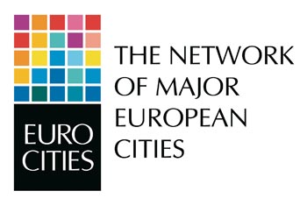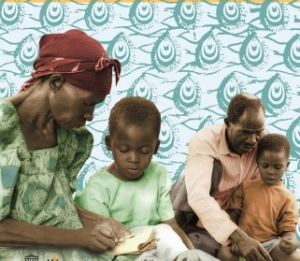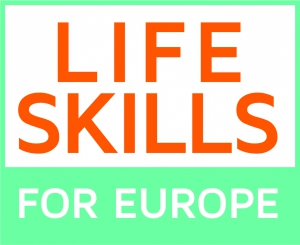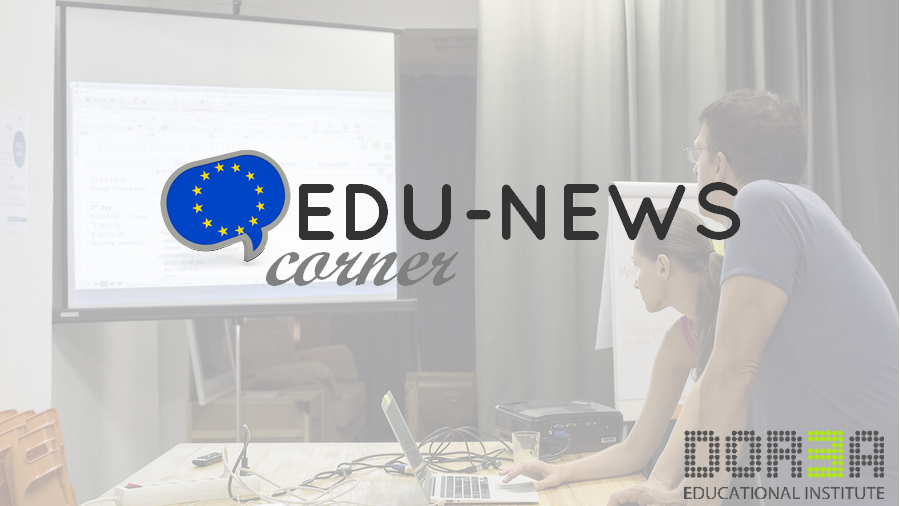Weekly Roundup
 Webinar: Tips and tricks for European Project proposal development
Webinar: Tips and tricks for European Project proposal development
Join a 30 minute conversation with Nikolaos Kontinakis, EUROCITIES senior project coordinator. The webinar will share lessons that were learned regarding the successful application for European projects. After the presentation, the participants will be able to have a short Q&A session with the speaker.
Date: Monday, 10 July 2017 11:00 – 12:30
You can register here.
 Innovative Learning Environments
Innovative Learning Environments
OECD’s Centre for Education Research and Innovation (CERI) addressed questions that are concerned with the elements of innovative learning environments, how they should be led and developed. A handbook was created to share 14 tools to enrich the learning principles.
You can access the book here.
 Innovative Family-Based Learning Approach
Innovative Family-Based Learning Approach
UNESCO Institute for Lifelong Learning (UIL) published new material on family literacy and learning. To avoid an educational crisis, one of the learning innovations considers the community-centered and family-centered approach.
“The family is the principal source of support and motivation for learning, for children as well as for adults. Family literacy and family learning programmes are based on the premise that the family plays a leading role in the education and learning of its members. For decades, UNESCO has advocated family literacy and learning as part of a holistic approach to lifelong learning. It links three major objectives: (1) the well-being of children and their families; (2) universal basic education; and (3) the advancement of literacy and numeracy for all young people and adults.”
Learning Together Through Generations could be accessed here.
 Life Skills for Europe: LSE
Life Skills for Europe: LSE
Education helps people to become acquired with cultural and social codes of the given context. Life Skills for Europe is a project designed to cultivate non-formal education amongst adults, boost lifelong learning priority and improve different life areas via education. Find out more about the project here.
“The LSE project aims to improve basic skills provision in Europe by explaining, further developing and upscaling the life skills approach. The project final beneficiaries are people from a disadvantaged background, refugees and people resistant to ‘foreigners’ and intercultural exchange.”
 Everchanging Higher Education: Eurydice Report
Everchanging Higher Education: Eurydice Report
Eurydice Report shared new materials on higher education. “Modernisation of Higher Education in Europe: Academic Staff – 2017.” The publication investigates different angles for academic staff of higher education in the modern European context and aims to systematise different approaches to internationalisation. Eurydice gathered information in 35 countries and created a qualitative-based report deciphering higher education systems. You can read and download the report using the link above.
“This report aims to provide insight into the realities faced by higher education academic staff at a time of fast-moving change and increasing societal demand. Fluctuating student numbers, new funding and steering mechanisms are among the features of today’s European higher education landscape, but not enough is known about how academic staff are affected by such changes. As academic staff are vital to the success of higher education, this report places them centre stage.”
To see the report, please click here.
Prepared by Veronika Zhigailova

